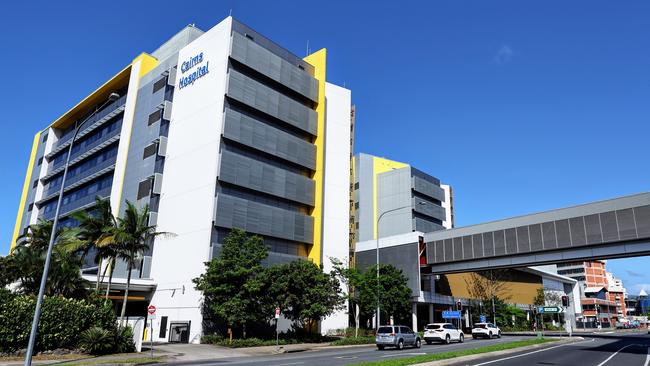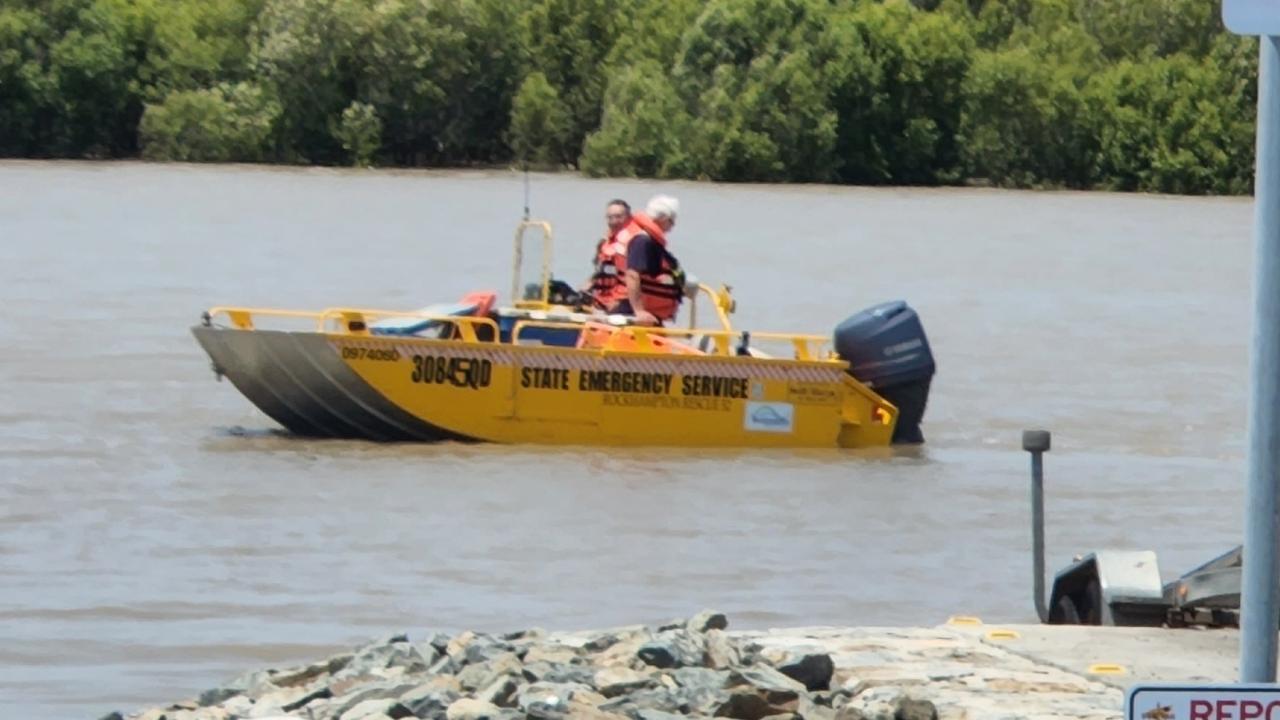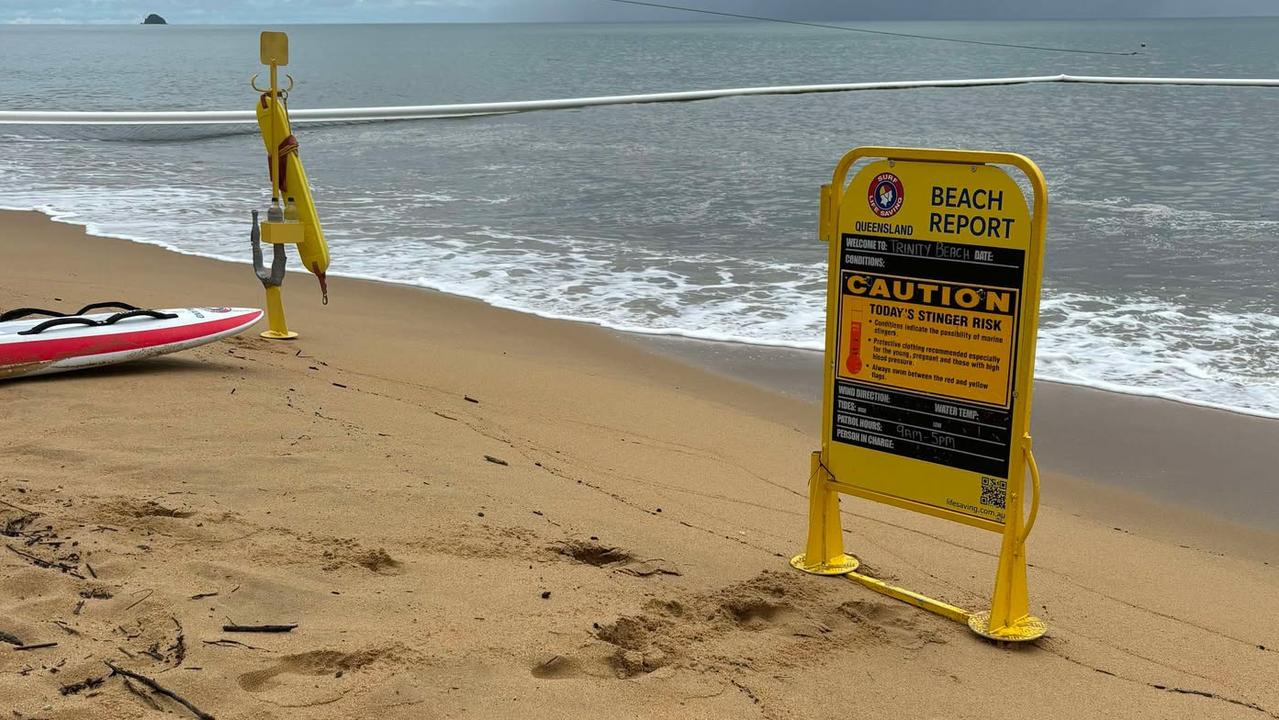Jeffrey Olsen coronial inquest: Court hears of ‘severe reaction’ to chemo drug capecitabine
The level of medical care received by a Cassowary Coast man who died suddenly after having a toxic reaction to cancer medication is the subject of a coronial inquest.

Cairns
Don't miss out on the headlines from Cairns. Followed categories will be added to My News.
A coronial inquest has begun into the level of medical care received by a Cassowary Coast man who died suddenly after having an allergic reaction to cancer medication.
Jeffrey Olsen died at Cairns Hospital on October 6, 2020, two weeks after being prescribed capecitabine tablets to treat bowel cancer
More than four years after his death, family present in the Cairns Coroners Court on Tuesday are on the precipice of understanding exactly what happened in the lead-up to his death and whether standards of care at Cairns and Innisfail hospitals were a factor in his passing.
The 66-year-old was known for his love of the ocean and lust for life.
He was an active member of the Far North spearfishing and waterskiing community.

Mr Olsen’s wife Sue said before the diagnosis of her husband’s stage three cancer the pair had bought a yacht and learned to sail by watching YouTube videos.
“We came down through Hawaii and the Marshall Islands then to Townsville,” she said.
“He was a spearo and very active, nothing could stop him.”
Before commencement of chemotherapy medication the Maadi local was diagnosed with the most severe form of stage three cancer and underwent surgery to remove 27 lymph nodes, four of which were considered cancerous, Northern Coroner Stephanie Williams was told.
Chemotherapy treatment was strongly recommended, treating medical oncologist Tasafin Hossain told the court.
In 2020, Dr Hossain was a consulting oncologist attached to the Cairns Hospital.
At the core of questioning by counsel assisting the Coroner, barrister Sally Rob, was access and information about a test to determine the likelihood of a very rare adverse reaction to capecitabine known as dehydrogenase enzyme deficiency testing.
Medical Oncology Group of Australia associate professor Dr James Lynam was also quizzed around the availability of an approved FDA drug called uridine triacetate that costs up to $135,000 per dose and used as an antidote to the toxic affects of chemo.
“There is a condition where people don’t break down the chemotherapy as well as they should, and that can result in severe symptoms,” Dr Hossain said.
“I think (the test) potentially should have, should be mentioned, even if we weren’t offering the test.”
Due to high demand within the Cairns health service, Mr Olsen’s chemo treatment was started on September 22, 2020, six weeks after surgery, a delay that was considered less than ideal by Dr Hossain.
Three days later on a Friday, Mr Olsen rang the Cairns clinic complaining of diarrhoea, a puffy and bright red face and scratchy throat to a nurse, who then emailed Dr Hossain about Mr Olsen’s condition.
Her advice was to increase fluid intake to prevent dehydration and take Panadol for muscle aches.
“Those symptoms that needed to be monitored … at the time, they didn’t warrant in my mind, to stop the chemo tablets,” Dr Hossain said.
On Sunday Mr Olsen presented to Innisfail Hospital and chemo medication was stopped.
“It was mainly the diarrhoea that was concerning, but the fact that he also had more clear symptoms of mucosities at that point as well, so those in combination, made me worried that he had a severe early reaction to the chemotherapy,” she said.
The inquest continues on Wednesday.
More Coverage
Originally published as Jeffrey Olsen coronial inquest: Court hears of ‘severe reaction’ to chemo drug capecitabine




